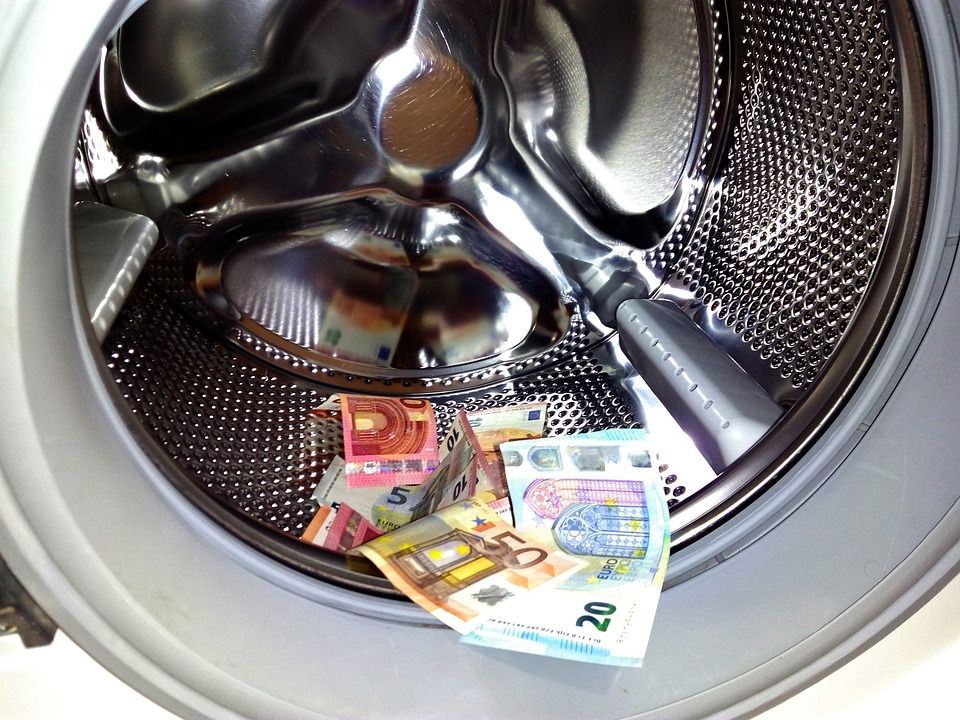The money-laundering scandal involving Danske Bank has taken another turn following the news that a Russian arms dealer systematically transferred millions of kroner into a Danske Bank account that was controlled by the regime in Azerbaijan via a British shell company.
According to Berlingske newspaper, over 60 million kroner’s worth of transactions occurred during a period when the Azeri regime purchased military equipment worth billions from the state-owned Russian weapons exporter Rosoboronexport.
Officially, the British shell company traded in marble and iron ore in Turkey and had no customers in Russia, but the transactions – which also involved the Russian weapons dealer paying the Azeri regime to purchase its weapons – look suspiciously akin to illegal kickbacks
“When a seller, under those circumstances, sends money back to the buyer, which is what in reality has happened here, then it’s plausible to believe we are talking about kickbacks. And that is of course punishable,” Jacob Dedenroth, a money-laundering expert, told Berlingske newspaper.
READ MORE: Business News in Brief: Danske Bank embroiled in Azeri money laundering case
No comment
For now, Danske Bank has refused to comment on the specific case.
The bank has already admitted it wasn’t on top of its money-laundering protocol in its Estonia subsidiary, where the transactions took place.















